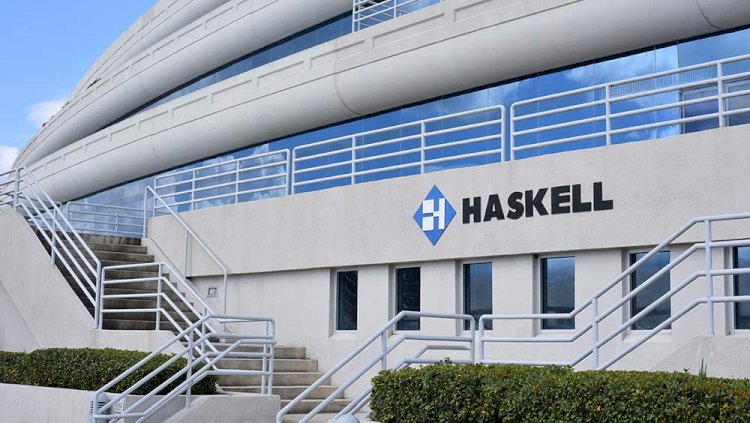Haskel Announced Partnership with Hydrogen-powered Plane Pioneer
On 2nd January, it was reported that Haskel, a Sunderland-based hydrogen pump manufacturer, has signed a deal to provide supply kits to ZeroAvia, the US start-up developing a zero-emission hydrogen-electric passenger plane.

On 2nd January, it was reported that Haskel, a Sunderland-based hydrogen pump manufacturer, has signed a deal to provide supply kits to ZeroAvia, the US start-up developing a zero-emission hydrogen-electric passenger plane.
The technology being supplied to ZeroAvia recently won the backing of United Airlines and Alaska Airlines. ZeroAvia is looking for its first commercial offering in 2024 with a 10–20 seats powertrain for 300 NM (nautical mile) range and a 200+ seats commercial powertrain for 5000 NM (nautical mile) range by 2040.
Stephen Learney, General Manager of Haskel said that along with aviation, hydrogen could be used in lorries whose weight rules out using battery technology. He said, “Once you get to a certain size of vehicle, the weight of the batteries themselves outweigh the value of electrifying the vehicle, so there is a transition point where batteries just aren't going to do the job.”
Mr. Learney also added that even quick battery charging will probably not be fast enough for the haulage industry while hydrogen refueling can be done within minutes.
Haskel’s biggest deal of 2021 was from New Zealand, where it will supply hydrogen refuelling stations in a government-backed deal.
The truck lorries follow a predictable path in the UK and it is estimated that the UK may only need about 24 hydrogen refueling stations to cover the motorway network.
Commenting on hydrogen buses and other hydrogen fuelled vehicles, Mr. Learney said, “The Government needs to make a clear statement about transport. f you're looking to really decarbonise, you need to do something about transport.”
Haskel is based close to a growing hub of hydrogen companies in the North East England and makes the pumps needed to pressurise hydrogen and get it into fuel tanks. The North East has attracted significant investment in the last year with BP planning a huge zero-carbon green hydrogen plant in Teesside for 60 megawatt power by 2025.






























